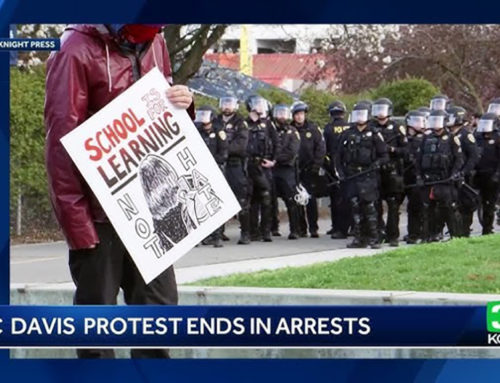Bruce Springsteen’s “I’m On Fire” is once again in the crosshairs — not because the song has changed, but because we have. What was once praised as a poetic, emotionally raw track — a staple of American radio for decades — is now being recast by critics as “creepy” or “problematic.” Not because the words are offensive, but because today’s culture has lost the ability to understand intent, artistry, and lyrical storytelling.
Written in 1984, “I’m On Fire” is told from the point of view of a man consumed by desire and longing. He questions whether the woman he desires is being treated well. He aches not just for physical connection, but for emotional release. His torment is personal — internal. This is not bravado. This is vulnerability. He speaks in metaphor: “a knife, edgy and dull,” a “freight train running through the middle of [his] head,” and “sheets soaking wet.” These aren’t the words of a predator. They’re the confessions of a man unraveling — haunted by feelings he can’t shake.
But in a culture driven by viral clips and social media spin, that depth is ignored.
Enter low-brow and low-talent comedian Pete Holmes, whose recent appearance on Conan O’Brien typified today’s cheap-shot entertainment. With no shortage of malice and even less creativity, Holmes twisted the song’s opening line — “Hey little girl, is your daddy home?” — into a punchline designed to elicit shallow laughs and cast Springsteen as a creep. It wasn’t comedy. It was character assassination under studio lights, broadcast to a primetime audience, on a network primed to tear down icons who don’t toe the approved ideological line.
Holmes didn’t deliver an insight. He delivered hate speech disguised as humor. He took a timeless lyric and warped it into fodder for the outrage machine — not because it was offensive, but because it was easy. Easy to get a laugh. Easy to take a shot at someone who no longer plays for their team.
It’s no coincidence that Springsteen — once embraced by working-class America — has fallen out of favor with many of those same fans after publicly aligning himself with elite liberal circles. What we’re seeing isn’t organic criticism of a 40-year-old song. It’s targeted re-framing to tear down someone now politically inconvenient.
And yet, while “I’m On Fire” is demonized for using the word “girl” in a love song, modern chart-toppers like “WAP” are praised and plastered across every media platform as “empowering.” Here we have a track filled with graphic sexual language, explicit content, and zero metaphor — and it’s celebrated with standing ovations and industry awards. Why? Because it fits the narrative.

We’re told that vulgarity is bold and brave. That poetic longing is now “problematic.” The same industry that once honored songwriters who told real stories through lyrics now glorifies shock value and shallow gratification.
This isn’t a matter of taste. It’s a matter of literacy — musical and cultural. Today’s audiences, trained to consume in 15-second bites and spoon-fed slogans, don’t recognize subtlety anymore. They’ve been taught to reject emotional complexity in favor of algorithm-approved vulgarity.
The irony? “I’m On Fire” is more respectful and restrained than almost anything in the Top 40 today. Springsteen doesn’t demand. He aches. He doesn’t brag. He bleeds. The song is a quiet storm, not a power grab. But the media, the comedians, and the keyboard mobs don’t care. They’re not listening to the song. They’re listening to the outrage.
And it’s a tragedy.
Springsteen’s work stands not just as music, but as Americana — the kind we used to be proud of. And if we can’t see the difference between a poetic confession and a performative scandal, then we’re not just losing music. We’re losing memory. We’re losing meaning.
“I’m On Fire” didn’t change. America did.
And not for the better.






